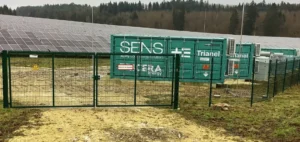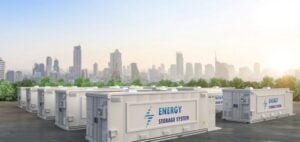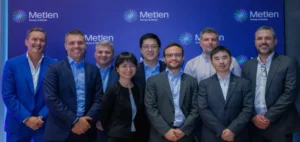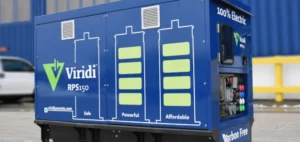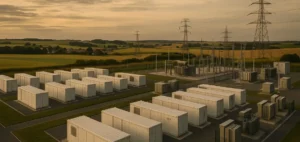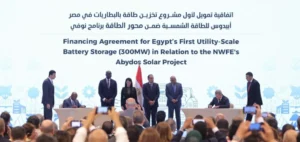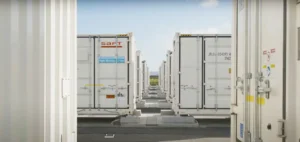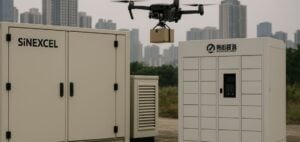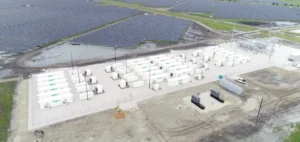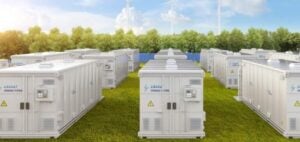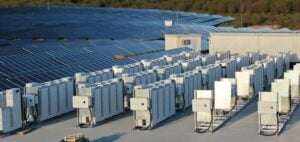Pylontech has obtained the world’s first certification for sodium-ion batteries from TÜV Rheinland. This major technological breakthrough opens new perspectives for energy storage and strengthens Pylontech’s position as a leader in the industry.
Energy storage: a major challenge for the future
The growing demand for energy and the need to reduce greenhouse gas emissions have driven governments and businesses to invest in energy storage solutions. According to BloombergNEF, global installed energy storage capacity is expected to reach 233 GWh by the end of 2030, with a compound annual growth rate of 21%. In this context, the search for innovative technologies for energy storage has become a major challenge.
The technological breakthrough of sodium-ion batteries
Lithium-ion batteries have long been considered the most promising solution for energy storage. However, sodium-ion batteries are beginning to emerge as a promising alternative. Sodium-ion batteries have the advantage of being cheaper and more environmentally friendly than lithium-ion batteries, as they do not contain rare metals. In addition, they can withstand higher temperatures, making them stronger and more durable.
Pylontech achieves world’s first sodium-ion battery certification
Pylontech has obtained the world’s first certification for sodium-ion batteries from TÜV Rheinland. This certification is based on UL1973:2022, IEC62619:2022, IEC62660-2:2018 and IEC62660-3:2022, which illustrates Pylontech’s progress and maturity in sodium-ion battery technology.
Promising prospects for the future
The technological breakthrough of sodium-ion batteries complements lithium-ion batteries and provides an effective solution to alleviate the pressure on energy storage supply. Pylontech, as an energy storage system provider, has leveraged its independent battery research and development and vertical integration of the production chain to offer a reliable and safe long-term energy storage system.




